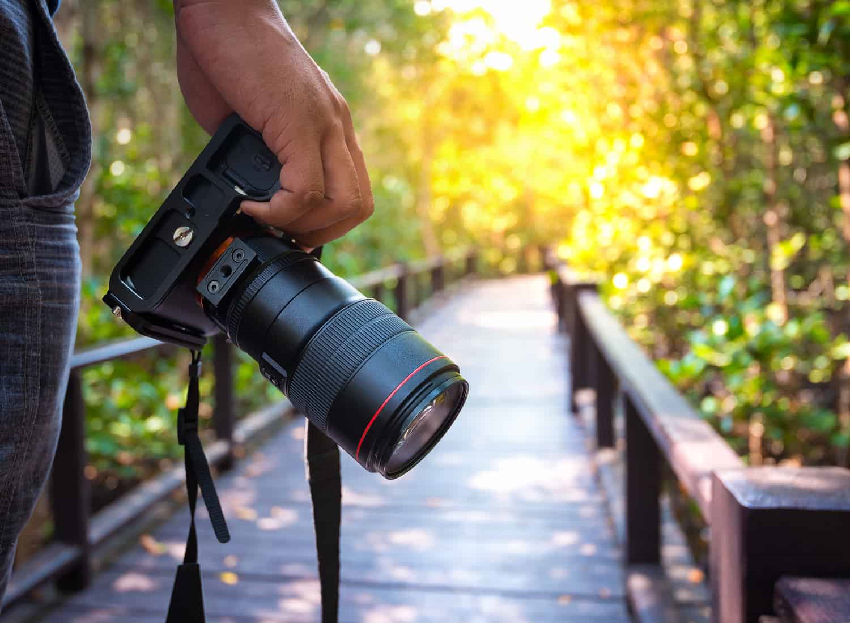Who hasn’t seen a lovely Instagram trip experience or a daring adventure video and thought, “I wish I could do that”?
Traveling can be thrilling, interesting, and memorable, but it also comes with its own set of obstacles. Loneliness, feeling like an outsider, missing events at home, and language barriers are just a few of the difficulties that might arise when traveling, including gaming at pokie online. Road challenges might undermine your self-esteem and well-being, but there are strategies to maintain your mental health when traveling. Here are our top tips to look after yourself,
- Download Offline Maps So You Never Get Lost
Getting lost when traveling can have a negative influence on your mental health, namely your self-confidence and sense of independence, therefore it’s crucial to be prepared by utilizing a map app.
It’s essential to choose a navigation app that allows for offline use because you don’t want to be lost in a region with poor signal or no internet. If you don’t have an internet connection, there are various free offline GPS navigation tools you can use.
Google Maps is a free and generally reliable navigation app that allows you to download map sections to use offline, courtesy of online casino games for real money.
- Connect With Locals Using a Translation Tool
Having social connections is essential for our mental health. Establishing and sustaining social ties is important if you want to take care of your mental health while traveling.
According to the CMHA, interacting with others can help reduce depression and anxiety, increase self-esteem, and provide a sense of belonging. If you’re traveling in a country where your native language is spoken, applications like Meetup can help you meet groups of people who share your interests.
However, if you’re traveling abroad or in a country where you don’t speak the language, a translation tool is a requirement. Even if the locals understand your language, delivering a greeting or a simple “thank you” in their native language will help you connect (besides, learning new phrases can enhance your confidence).
Try Google Translate, a free translation tool that lets you download languages offline, type, speak and scan text to translate across languages. You can also keep a phrasebook with your favorite translations.
- Journal Your Feelings and Document Your Experiences
It is well-acknowledged that journaling can benefit your mental health. If you’re seeking an easy approach to maintaining your mental health while traveling, a journal app can be useful.
Journaling while traveling can help you not only reflect on your fears and difficulties (and discover solutions), but it can also improve your mood. If you’re having a pause in your travels, whether it’s due to prioritizing your freelancing job over sightseeing, saving money by staying somewhere a little boring, or missing an event back home, going over your trip memories might remind you of all the fantastic things you’ve done.
Keeping a diary might assist in putting things into perspective. Reading your travel experiences allows you to see how far you’ve come (both physically and psychologically), relive the memories you’ve made, and look forward to the next stage of your journey.
A free travel journal app can help you build a beautiful trip diary. My Diary, on the other hand, is a visually appealing journaling app that allows you to jot down your thoughts and memories while on the road.
- Stay Connected With Friends and Family Back Home
One of the most important methods to learn how to care for your mental health when traveling is to stay in touch with family and friends while you’re gone. There are various strategies to maintain your closest relationships intact when traveling, ranging from Netflix watch parties to playing online games together. Picking up the phone or joining a video chat, on the other hand, can enable high-quality interaction with your loved ones.
There are numerous messaging and video-calling apps available these days—the ideal platform to use is one that your friends and family also use. Test out Zoom, Google Meet, Whatsapp, Facebook Messenger, and Microsoft Teams to determine which one works best for you.

